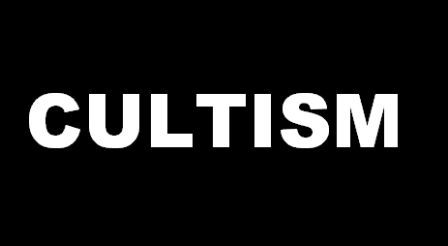Cultism deters national development (Part I)
Cultism is a practice adopted by groups of people with esoteric beliefs. People who practice cultism normally dress in either black or white attires or sometimes mask themselves in some parts of the world.
Cultism is any practice with the followers who live in unconventional ways under the guidance of authoritarian and charismatic leadership.
Cults consist of people with sect and social groupings within larger societies of mankind and often fall in conflict with existing social norms and values.
Cult can also be traced in almost every aspect of society such as religion, politics, education and even in business.
In recent times cultism has become apparent in our educational institutions in Sierra Leone. A few years ago, the Inter-secondary School tournaments were obstructed by our school-going boys and girls who seized the opportunity to rival as gangs from different institutions to settle their grievances with violence and insult. In 2008, for example, social clubs were condemned and suspended indefinitely by authorities in almost all the tertiary institutions after the death of a student in Fourah Bay College (FBC), an alleged new initiate in the cult practice.
Also in 2009, the police discovered caches of deadly weapons with students including fire arms and short knives.
Cultism involves more than just doctrine; it could be interpreted along psychological and social lines. In contemporary Africa like Nigeria, the turbulent waves of violence and destruction emanating from cultism among the ‘Bokom Haram’ has deprived a good number of peaceful citizens of their freedom of movement and of their God-given right and ability to make choice or use their free moral judgment and operate from a guiding conscience.
The Bokom Haram cult has brought untold suffering to certain members of the Nigerian society. The most affected in recent times are the Christians. Cult activities have been found to have caused commotions with frequent fatal results across the world especially in the Middle East where suicide bombings are rampant.
Also because cults are deliberately exclusive, any intension to be a member or contributing positively towards national socio-economic development and prosperity of the state or a given community is rejected. Therefore, the sense of national cohesion and togetherness and sense of one nation moving together in a positive direction is dismissed and abhorred.
Such negative attitudes full of suspicion and skepticism coupled with ultimate hatred for national development occurs frequently. Indeed, the Osama bin Laden’s cult caused a lot of havocs in the Middle East and finally struck the great Americas especially in the United States of America (USA) where they claimed responsibility for the bombing of the World Trade Centre or the Twin Tower Building in New York in 2001.
In this regard, there is still room to wipe out these systematic attacks on innocent citizens if the states put mechanisms in place. In Somalia, the conflict started in 1991 which coincided with the Revolutionary United Front (RUF) war in Sierra Leone. With the formation of El-Shabab which is another cult, the battle in that country is on the increase though it is not clear how much effort the Somalia Government has put in place to bring the El-Shabab cult on their toes or knees. The El-Shabab group has attacked Kenya and now the Kenyans are under constant treat and fear. In some instances, there is need for sister Governments such as Somalia and Kenya to put their resources together in order to get rid of this ugly menace.
By Felix D. Fofoh
Stay with Sierra Express Media, for your trusted place in news!
© 2016, https:. All rights reserved.






